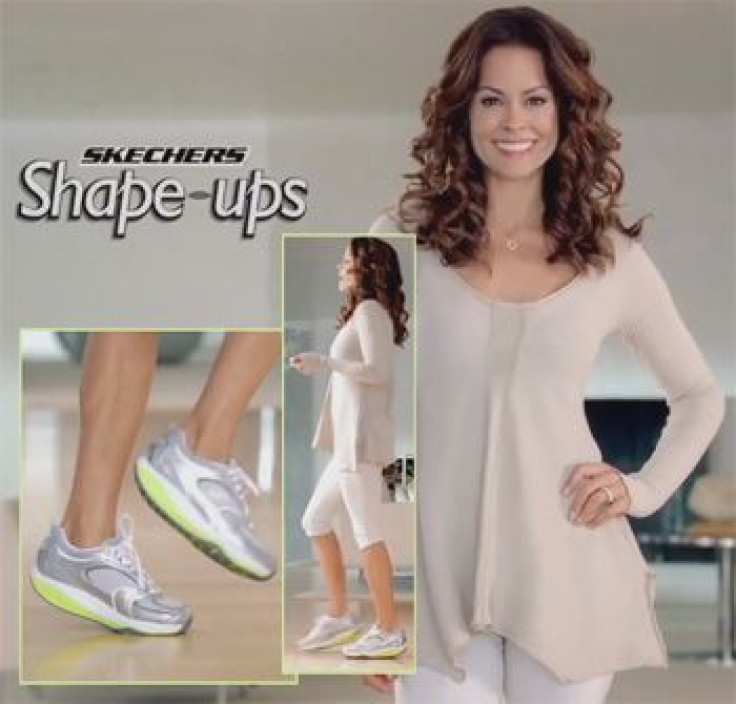Skechers Gets its Butt Kicked for False Advertising

Skechers is being forced to pay up after some advertising left users feeling burned, but not the good kind of burn from exercising. Skechers promised lost weight but will be losing $40 million instead.
The advertising around Skechers and their line of fitness shoes, such as Shape-Up, Resistance Runners, Toners and Tone-up promised toned muscles, lost weight and improved cardiovascular health. Like other revolutionary diet or exercise fads, the shoes did not live up to the promise of their advertising.
The Federal Trade Commission (FTC) announced the ruling, which was part of a class action lawsuit, today and purchasers of the shoes can apply to get their money back. Skechers made deceptive claims in regards to the shoes performance according to the FTC.
The shoes, according to Skechers, were supposed to strengthen the legs, tone the buttocks and abs while also helping people lose weight. None of the shoe claims made by Skechers were supported and even the endorsement by Dr. Steven Gautreau, based on a supposed independent clinical trial, was full of flaws. Dr. Gautreau is married to a Skechers marketing executive and the clinical trial, which did not produce the results that Dr. Gautreau claimed, was paid for by Skechers.
More bogus claims by Skechers for their Resistance Runner shoes, when compared to normal running shoes, included muscle activation increase by up to 85 percent for posture-related muscles, 71 percent increase for a muscle in the buttocks and 68 percent increase for calf muscles. These results were cherry-picked according to the FTC and Skechers did not prove any ad claims.
According to David Vladeck, director of the FTC’s Bureau of Consumer Protection, “The FTC's message, for Skechers and other national advertisers, is to shape up your substantiation or tone down your claim.”
While Skechers may have to give $40 million back to consumers, the California-based shoe company also lost millions of dollars advertising these non-workout workout shoes. National campaigns featured Kim Kardashian and Brooke Burke shilling the shoes. In a spot that aired during the 2011 Super Bowl, Kardashian got rid of her personal trainer for a pair of Skechers Shape-ups. A 30 second commercial for the 2011 Super Bowl cost $3 million.
This was not the first blow for exercise shoes that promised so much yet delivered so little. Reebok was forced to pay $25 million for their diet debacle in a FTC ruling in 2011. Reebok agreed to issue refunds to anyone who purchased EasyTone walking shoes or RunTone running shoes.
Diets and new products promising great results and plenty of lost weight are nothing new with the promise of easy results luring in millions who want to look, and feel, good. As the old adage goes, if “it’s too good to be true,” chances are it’s not.



























